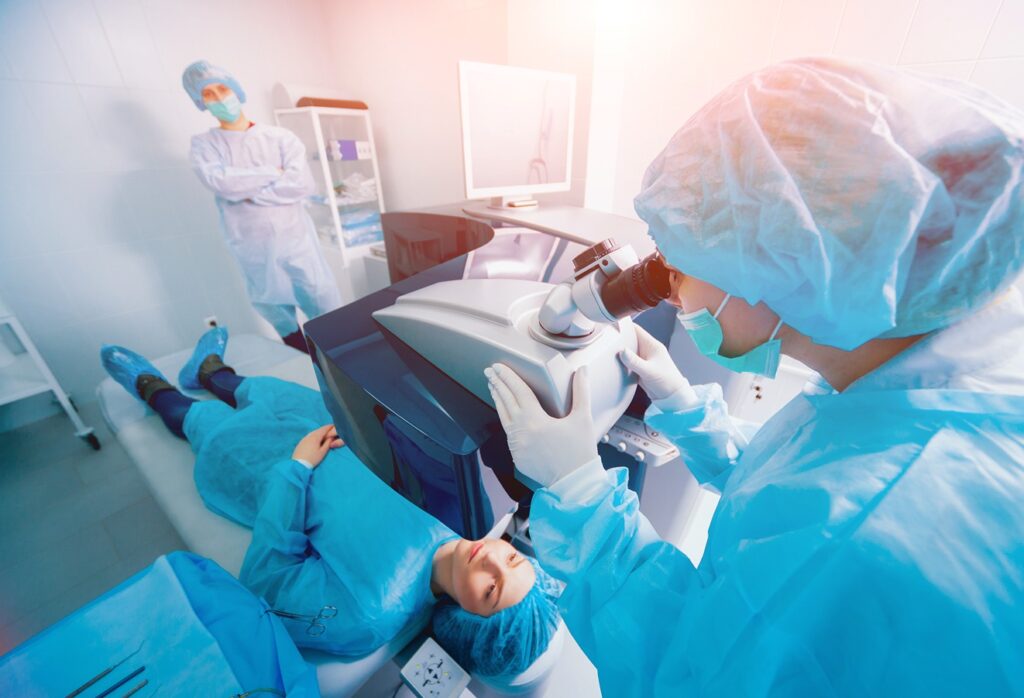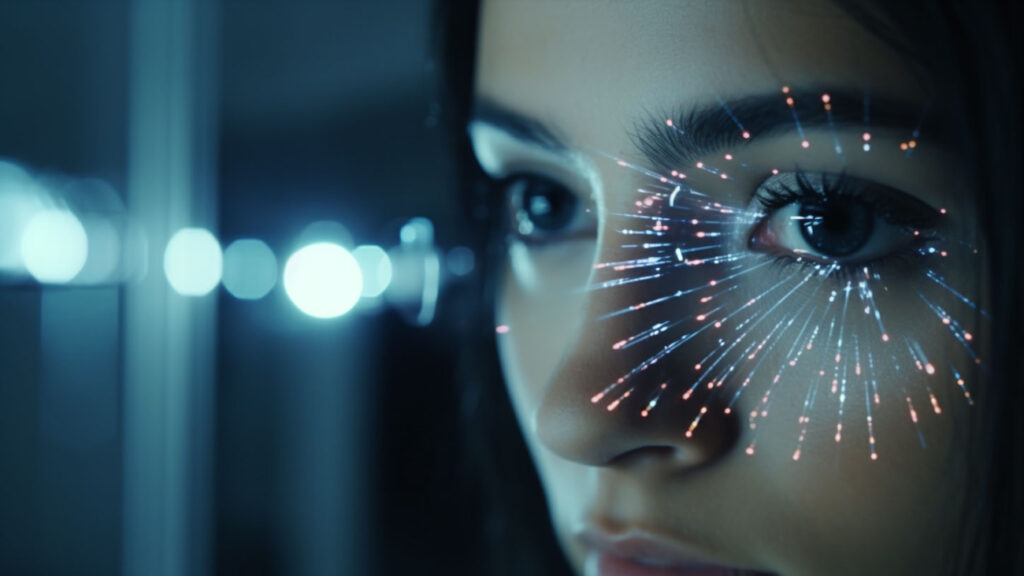Laser eye surgery has become a popular solution for those seeking to improve their vision without the need for glasses or contact lenses. In Sydney, numerous clinics offer state-of-the-art procedures tailored to individual needs. This guide aims to provide an in-depth overview of laser eye surgery, the various types available, and what to expect when visiting clinics in Sydney.
Understanding Laser Eye Surgery
Laser eye surgery encompasses a range of procedures designed to correct refractive vision problems such as myopia (nearsightedness), hyperopia (farsightedness), and astigmatism. The surgeries typically involve reshaping the cornea to improve the eye’s focusing ability. Over the years, advancements in technology have made these procedures safer and more effective, with many patients experiencing life-changing results. As laser technology continues to evolve, the precision and outcomes of these surgeries are expected to improve even further, offering hope to those who have long relied on corrective lenses.
Laser eye surgery presents a life-changing opportunity for many individuals seeking to improve their vision. With a variety of procedures available and numerous reputable clinics in Sydney, patients have the chance to regain their independence from glasses and contact lenses.

Types of Laser Eye Surgery
There are several types of laser eye surgery, each with its unique approach and benefits. The most common procedures include:
- LASIK: This is the most widely performed laser eye surgery. It involves creating a thin flap in the cornea, which is then lifted to allow the underlying cornea to be reshaped using a laser. This technique is particularly popular due to its rapid recovery time and minimal discomfort.
- PRK: Photorefractive keratectomy (PRK) is an alternative to LASIK that does not involve creating a flap. Instead, the outer layer of the cornea is removed to allow the laser to reshape the cornea directly. PRK may be recommended for patients with thinner corneas or those who participate in contact sports, as it eliminates the risk of flap-related complications.
- SMILE: Small Incision Lenticule Extraction (SMILE) is a newer technique that involves creating a small lenticule within the cornea, which is then removed through a tiny incision, reshaping the cornea without the need for a flap. This method is gaining traction due to its minimally invasive nature and the reduced risk of dry eye syndrome post-surgery.
Readv more at: Finding the Best Laser Eye Surgery Option for Your Lifestyle
Benefits of Laser Eye Surgery
The advantages of undergoing laser eye surgery are numerous. Patients often experience:
- Improved Vision: Most patients achieve 20/25 vision or better after surgery, significantly reducing or eliminating the need for glasses or contacts. This newfound clarity can enhance daily activities, from reading to driving, and even participating in sports without the hindrance of corrective lenses.
- Quick Recovery: Many patients notice an improvement in their vision within a day or two, allowing them to return to normal activities promptly. This swift recovery is particularly appealing for those with busy lifestyles or those who cannot afford extended downtime.
- Long-Lasting Results: The results of laser eye surgery are typically permanent, making it a cost-effective solution in the long run. With proper care and regular eye check-ups, many individuals enjoy clear vision for years, often leading to significant savings on eyewear and contact lenses.
Moreover, the psychological benefits of laser eye surgery should not be overlooked. Many patients report a boost in self-confidence, as they no longer feel reliant on glasses or contacts. This newfound freedom can lead to a more active lifestyle, encouraging individuals to engage in activities they may have previously avoided due to vision constraints. Additionally, the advancements in pre-operative assessments and post-operative care ensure that patients receive tailored treatment plans, maximising their chances of achieving optimal results.

Choosing a Laser Eye Surgery Clinic in Sydney
When selecting a clinic for laser eye surgery, several factors should be considered to ensure a safe and successful procedure. Sydney boasts a range of reputable clinics, but it is essential to do thorough research.
Accreditation and Qualifications
Ensure that the clinic is accredited by relevant health authorities and that the surgeons are qualified and experienced. Look for clinics that employ surgeons who are members of professional organisations, such as the Royal Australian and New Zealand College of Ophthalmologists (RANZCO). Furthermore, it is advisable to inquire about the surgeon’s specific experience with the type of procedure you are considering. Surgeons who have performed a high volume of surgeries often have refined their techniques and can better handle any complications that may arise during the procedure.
Technology and Techniques
The technology used in laser eye surgery can significantly impact the outcome. Clinics that invest in the latest equipment and techniques often provide better results. Look for clinics that offer custom LASIK or wavefront technology, which can enhance the precision of the surgery. Additionally, some clinics may provide advanced options such as SMILE (Small Incision Lenticule Extraction), which is less invasive and may lead to quicker recovery times. Understanding the differences between these technologies can help you make an informed decision about the best option for your individual needs. Read more about technology at https://www.mghihp.edu/news-and-more/opinions/health-professions-education-effects/integrating-technology-health-professions-education-trends-and-innovations
Patient Reviews and Testimonials
Reading reviews from previous patients can provide valuable insights into the quality of care and results at a clinic. Look for testimonials that highlight the overall experience, including the consultation process, surgery, and post-operative care. It can also be helpful to seek out independent review platforms or forums where patients share their experiences candidly. Engaging with former patients, if possible, can offer a personal perspective on what to expect, including any challenges they faced and how effectively the clinic addressed them. This first-hand information can be instrumental in guiding your choice.
The Consultation Process
The initial consultation is a crucial step in the laser eye surgery journey. This appointment allows the surgeon to evaluate your eye health and determine the most suitable procedure for your needs.
Eye Examination
During the consultation, a comprehensive eye examination will be conducted. This may include tests to measure your vision, assess the thickness of your cornea, and evaluate the overall health of your eyes. These assessments help the surgeon to identify any underlying issues that may affect the surgery.
Discussion of Options
The surgeon will discuss the various surgical options available, explaining the benefits and risks associated with each. This is an excellent opportunity for patients to ask questions and express any concerns they may have. A good surgeon will take the time to ensure that patients fully understand the procedure and what to expect.
Pre-operative Instructions
Before the surgery, patients will receive specific instructions to follow. This may include avoiding certain medications, refraining from wearing contact lenses for a period, and arranging for transportation on the day of the procedure.
The Surgery Day
The day of the surgery can be both exciting and nerve-wracking. Understanding what to expect can help alleviate anxiety and ensure a smooth experience.
Arrival at the Clinic
Patients are typically advised to arrive at the clinic early to complete any necessary paperwork and undergo final preparations. The clinic staff will guide you through the process, ensuring that you feel comfortable and informed.
The Procedure
Laser eye surgery is usually performed on an outpatient basis, meaning patients can go home the same day. The procedure itself is relatively quick, often taking less than 30 minutes per eye. Patients are given anaesthetic eye drops to ensure comfort during the surgery. Most people report feeling only mild pressure during the procedure.
Post-operative Care
After the surgery, patients will receive instructions on post-operative care, which may include using prescribed eye drops, avoiding strenuous activities, and attending follow-up appointments. It is crucial to follow these instructions to ensure optimal healing and results. Click here to find more about strenuous.
Recovery and Results
The recovery period following laser eye surgery varies from person to person, but many patients experience significant improvement in their vision within a day or two.
What to Expect During Recovery
During the initial recovery phase, patients may experience some discomfort, such as dryness or mild irritation. These symptoms are typically temporary and can be managed with prescribed eye drops. It is essential to avoid rubbing the eyes and to wear protective eyewear as recommended.
Long-Term Results
Most patients achieve stable vision within a few weeks following the procedure. Regular follow-up appointments with the surgeon will help to monitor the healing process and address any concerns. Many individuals find that they no longer require glasses or contact lenses, allowing them to enjoy a more active lifestyle.
Potential Risks and Complications
While laser eye surgery is generally safe, it is essential to be aware of the potential risks and complications. Understanding these can help patients make informed decisions about their eye health.
Common Side Effects
Some common side effects include:
- Dry Eyes: Many patients experience temporary dryness after surgery, which can usually be managed with artificial tears.
- Visual Disturbances: Some individuals may notice glare, halos, or double vision, particularly at night. These symptoms often resolve as the eyes heal.
Serious Complications
Although rare, more serious complications can occur, such as:
- Infection: Any surgical procedure carries a risk of infection, which can be mitigated by following post-operative care instructions.
- Undercorrection or Overcorrection: In some cases, the desired vision correction may not be achieved, necessitating additional procedures.
Cost of Laser Eye Surgery in Sydney
The cost of laser eye surgery can vary significantly between clinics and procedures. Factors influencing the price include the type of surgery, the technology used, and the surgeon’s experience.
Average Costs
On average, patients can expect to pay between AUD 2,000 to AUD 3,500 per eye for LASIK surgery in Sydney. PRK and SMILE may fall within a similar price range, though it’s essential to consult with specific clinics for accurate pricing.
Payment Options and Insurance
Many clinics offer payment plans to help make the procedure more accessible. Additionally, some private health insurance policies may cover part of the costs associated with laser eye surgery. It is advisable to check with your insurance provider for details regarding coverage.
Conclusion
By understanding the types of surgeries, the consultation process, and what to expect during recovery, individuals can make informed decisions about their eye health. It is crucial to choose a qualified clinic and surgeon to ensure the best possible outcomes.
For those considering laser eye surgery, the journey begins with thorough research and consultation. With the right information and support, achieving clearer vision is within reach.

